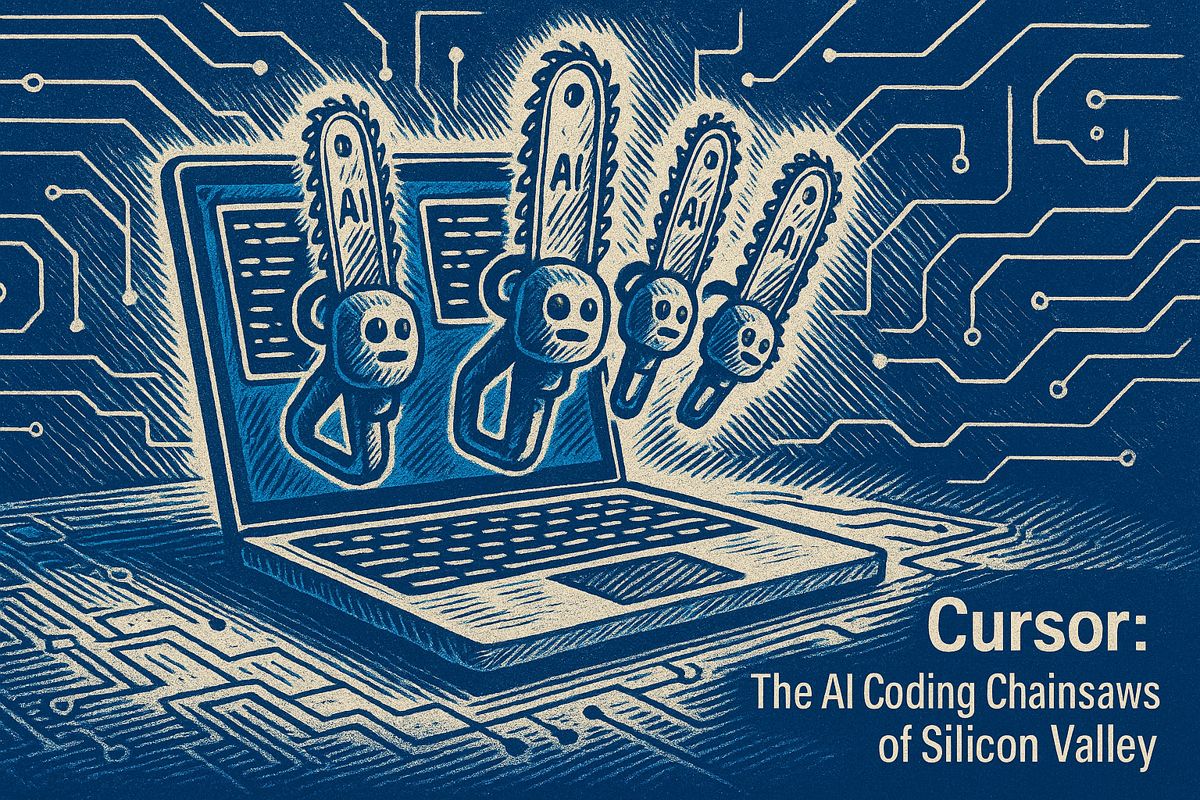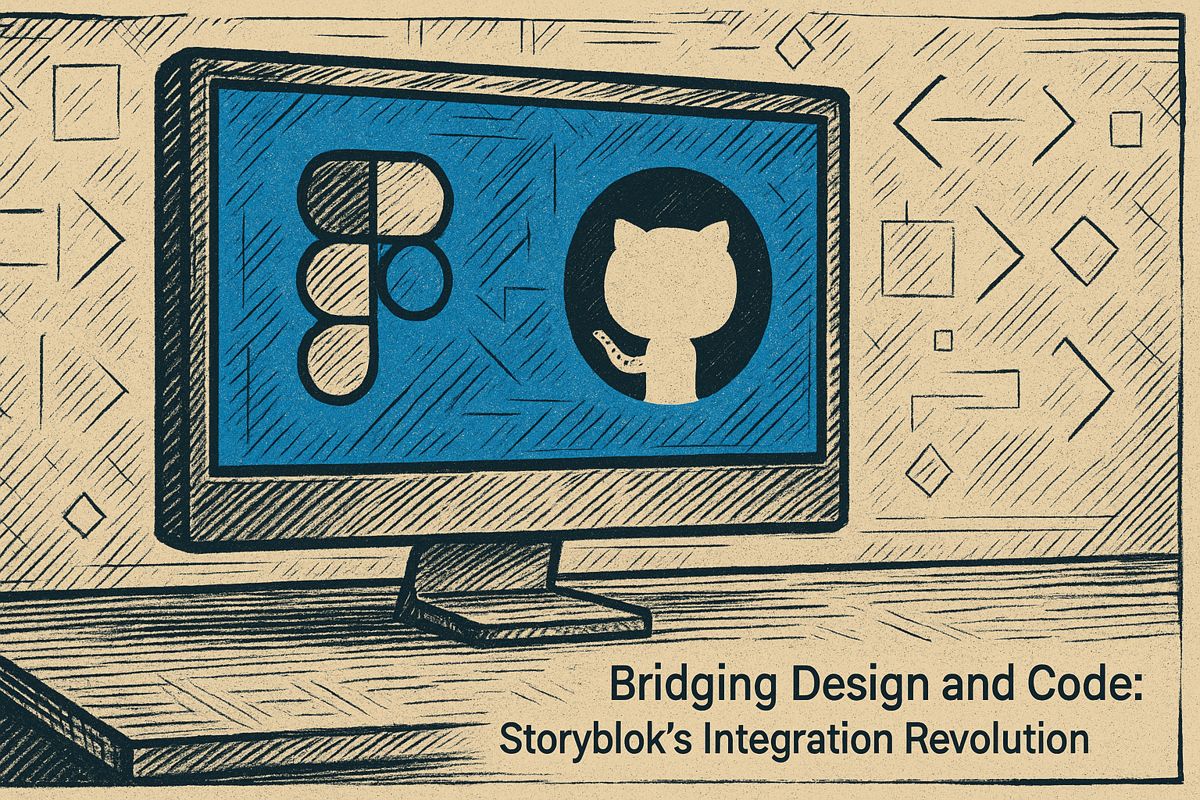Here’s the text with the most important phrase emphasized in markdown bold:
Cursor, an AI-powered code editor built on Visual Studio Code, just scored a massive $900 million in funding, signaling a wild new era of software development. The tool offers mind-blowing features like agent-driven automation and deep codebase understanding that can transform how developers write code. Real-world experiences show it’s a game-changing technology that saves developers hours, though not without occasional technical hiccups and complex integration challenges. While competing with tech giants like Microsoft, Cursor is rapidly gaining enterprise adoption and pushing the boundaries of AI-assisted coding. The funding and technology represent a lightning-fast transformation in how software gets created, making old development methods look suddenly outdated.
What Is Cursor and Why Is It Revolutionizing Software Development?
Cursor is an AI-powered code editor built on Visual Studio Code that recently secured $900 million in Series C funding. It offers advanced features like agent-driven automation, deep codebase awareness, and context-rich coding assistance, potentially transforming how developers write and manage code across complex projects.
The New Pace of Tech: Yesterday’s Mountains, Today’s Molehills
Every so often, a funding story zips by so fast, it makes my own early startup adventures look like they moved at a snail’s pace. Just last week, Cursor – yes, the AI-powered code editor built right on top of Visual Studio Code – landed a jaw-dropping $900 million in Series C funding. And that was mere months after their last round. My mind flashed back to 2017, when scraping together $250,000 for a SaaS project felt like scaling K2 without oxygen. The world has tilted; what once seemed a summit is now just an anthill. Investors like Andreessen Horowitz and the OpenAI Startup Fund are tossing around numbers that feel more like GDPs than venture capital. Can you even imagine setting up a seed pitch deck today with that sort of velocity at your back?
This all makes me feel both awe and, I’ll admit, a tiny twinge of envy. The tempo is relentless. Sometimes I wonder: is this really sustainable, or are we witnessing a bubble ready to pop? Then again, it’s hard not to get caught up in the fervor when the headlines read like fever dreams. The times don’t just change – they race.
Still, as the news of Anysphere’s $10 billion valuation hit my inbox, I couldn’t help but remember how even a well-timed Slack notification can kick off a cascade. These days, the pace of money has the rhythm of a snare drum – sharp, fast, and a little deafening.
Cursor in the Wild: Tales of Ecstasy (and Minor Disaster)
Let me paint a quick scene. Julia, a former colleague now coding deep inside a Fortune 500 enterprise, switched to Cursor after years entangled with traditional Visual Studio Code. Her reaction? “It’s like having a caffeinated intern who never sleeps.” In her first week, she told me the AI finished functions before she finished her latte. Oddly, the scent of burnt espresso sticks in my memory – progress has a smell, sometimes.
Yet, when her team rolled out the latest Gemini model, things got tangled. GitHub integrations hiccuped, agents grew irritable, and suddenly her productivity dream teetered on the edge of farce. “Juggling chainsaws with a robot sidekick,” she texted me. Vivid, right? That’s how the bleeding edge often feels: a circus act, brilliant and hair-raising.
Cursor’s ambition is grand: deep codebase awareness and agent-driven automation, not just autocomplete. One moment you’re basking in the glow of AI-driven refactors; the next, you’re deciphering cryptic error logs. I’ve been there – misconfigured my own environment once and spent hours untangling virtual knots before realizing I’d skipped a single setup step. Oof.
The Friction of Progress: Innovation Meets Reality
Here’s the rub. For every developer reveling in hours saved, another is gnashing teeth over bugs. The new Gemini 06-05 model? It’s notorious for borked background agent GitHub access. Setting up environments sometimes feels like assembling a Baroque pipe organ with only IKEA diagrams for guidance. Is that just tech growing pains or a sign of deeper instability?
Cursor’s platform is less a simple tool and more a bustling robotic workshop. You can deploy “agents” to refactor, test, or even orchestrate complex edits across dozens of files. It’s a metaphorical bazaar, alive with possibility, but also prone to cacophony if not kept in check. The sensation? Like trying to write code in the middle of a carnival—flashing lights, overlapping soundtracks, and the faint taste of popcorn in the air.
Let’s be honest: the AI rush amplifies both triumph and chaos. The productivity gains are intoxicating – Julia claims she saves entire afternoons each sprint. But the friction is real. I’ve felt frustration myself, that itch of doubt when a supposedly “smart” agent derails a workflow. Yet, with each fix, a glimmer of hope returns.
Giants and Underdogs: Can Cursor Outrun Microsoft?
Cursor’s bravado is impressive, but let’s not ignore the titan in the room: Microsoft. With GitHub Copilot and an ever-expanding arsenal of AI tools in Visual Studio Code, Microsoft’s presence looms over the entire space. Will Cursor’s agent-driven, context-rich approach carve out a loyal following, or get swept aside as Redmond refines its own bots? That’s the billion-dollar question.
Despite the technical snags and moments of near-chaos, Cursor’s adoption is climbing. Major enterprise teams are already on board, and their commit message generator – a small feature, perhaps, but one that shaves minutes and smooths daily friction – has quietly won over many. Funny, sometimes it’s the little comforts that foster real loyalty.
This latest funding round could be just a blip or the spark for something seismic. I’m equal parts excited and slightly wary – after all, who hasn’t been burned by a promising tool that fizzled? Still, the curve is up, the chatter relentless, and the hunger for AI-native coding tools palpable. The coffee’s brewing, the agents are learning, and somewhere, someone’s codebase is about to get a jolt of electricity.
Blink and you might miss it. Or maybe I just need more sleep…



















